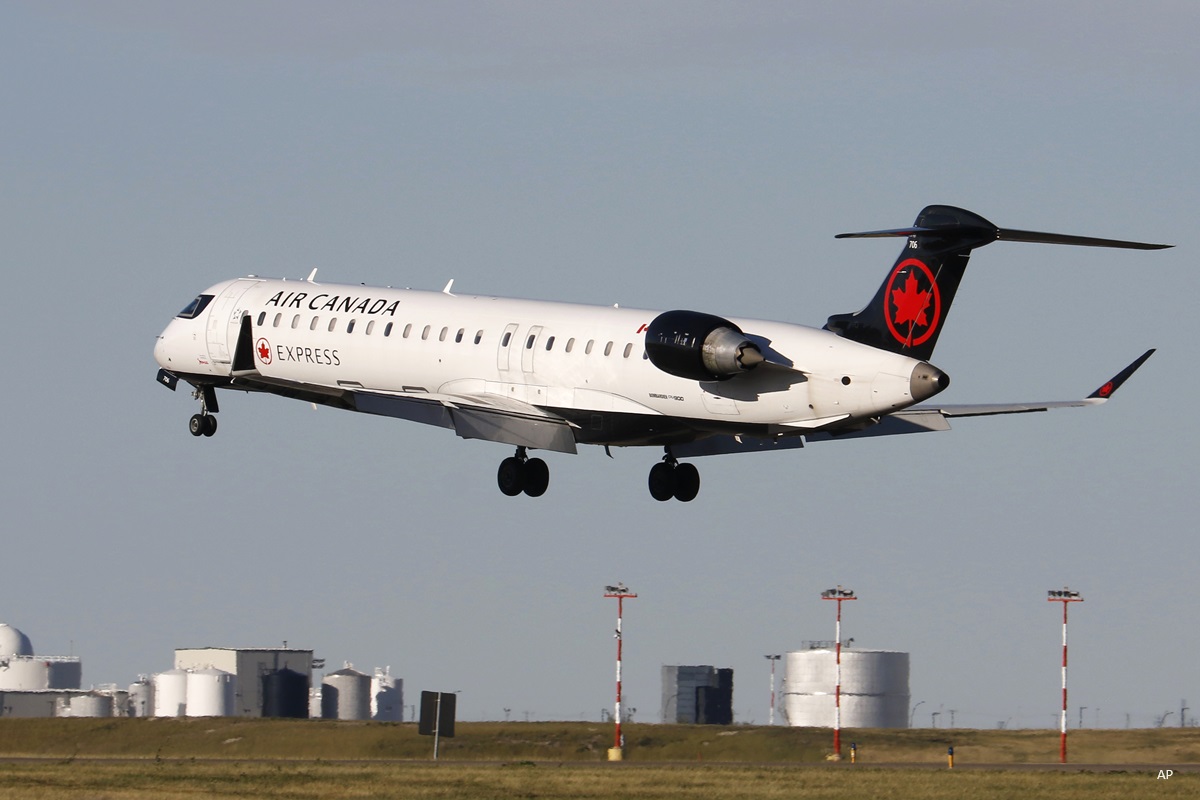:quality(80)/cloudfront-us-east-1.images.arcpublishing.com/morningstar/OSPGGQHXJVCGLBHR5CUUQWH3NQ.png)
Editor’s Note: Don Phillips joined Morningstar in 1986 as its first mutual fund analyst; he established the firm’s independent voice and mentored scores of analysts.
Why do a handful of companies persevere when most sell out or fail? I think success hinges to a large degree on how a company defines itself.
All companies choose what they do, how they do it, and why they do it. But in any given enterprise, one of these vectors dominates. Hence, there are What companies, How companies, and Why companies. Morningstar from its founding has been a Why company, a company defined by its mission of investor success.
When Morningstar started in 1984, most companies in the investment space were What companies. If asked to define themselves, the big asset-management players of the time would say that they managed active mutual funds sold through brokers. These firms enjoyed powerful tailwinds through the 1980s and 1990s, but when the winds turned against active management, against mutual funds, and against brokers, most of these What companies couldn’t pivot. Their defining characteristics locked them into an identity that resonated increasingly less well. Many of these firms have been consolidated in recent years at prices a fraction of their peak value.
What companies resist change and are prone to irrelevance or extinction. How companies have even shorter shelf lives. Think of Pets.com and other mercurial entities whose defining characteristic is how they deliver their service, not what they do or why they do it. Unless protected by a patent, being first in a new How leaves a company ever prone to stronger followers.
Why companies, on the other hand, have flexibility to adapt. They view change not as a threat to what they do or how they do things, but as an opportunity to better fulfill their mission. Why companies can adapt with the times yet stay true to their purpose. This healthy approach improves their odds of success and longevity.
In our early years, Morningstar’s What and How were print products about U.S. mutual funds delivered and largely marketed by mail. Today, print products make up less than 2% of our revenues, U.S. mutual funds are just the tip of our coverage, and virtually none of our services are sold or delivered by mail. We’ve pivoted repeatedly throughout our history, shedding old behaviors and developing new skills, but we’ve never deviated from our mission. It has been our North Star, giving purpose and direction to our efforts.
The biggest advantage of being mission-driven, however, is that it attracts and retains great people. Everyone wants to be a part of something they believe in, something that gives them the satisfaction of making a difference in the world. The best people want a purpose, not just a paycheck.
For Morningstar staffers, empowering investors is a quest we take pride in. It motivates and inspires us. A firm’s employees are its greatest asset. Why companies attract and retain the best.
As I reflect on 40 years, I believe that Morningstar’s Why is the reason that Morningstar has endured, and the investors we serve and staff we have assembled have prospered. The mission makes the difference.




















